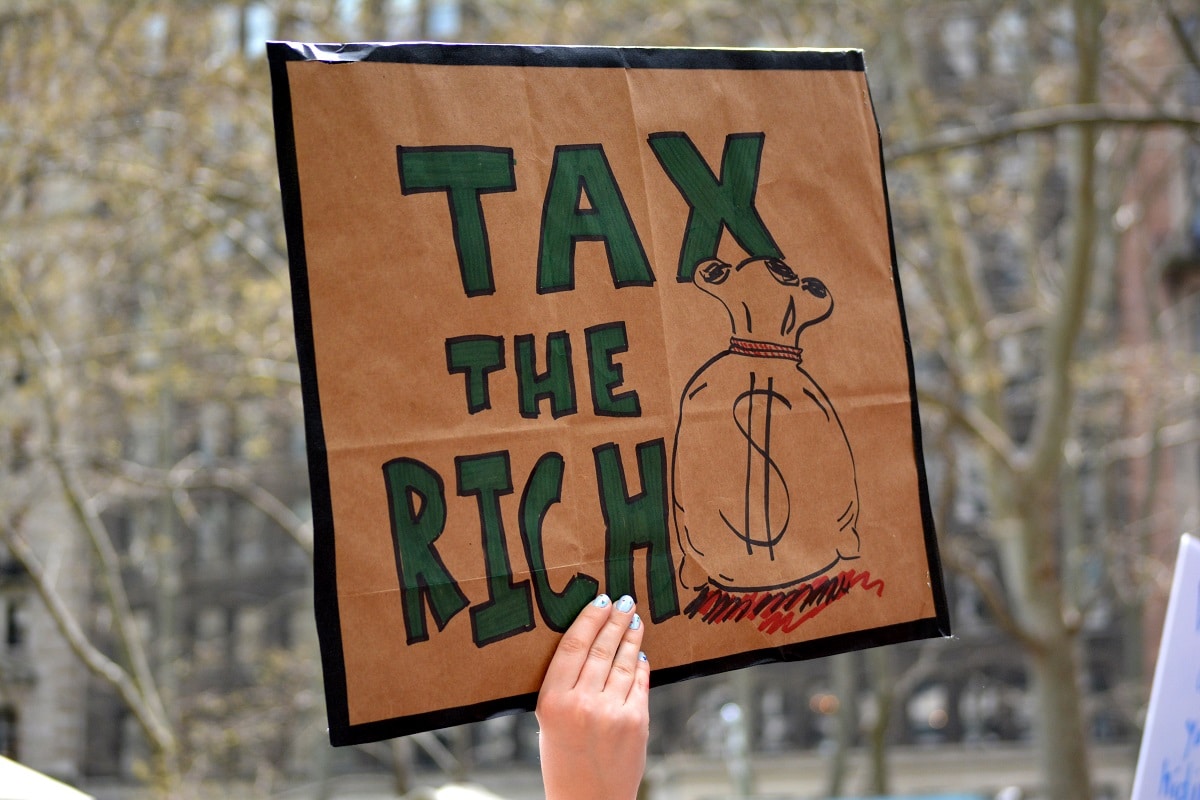In the United States, the debate over tax fairness has been reignited by a recent study. It reveals a startling disparity: in 41 states, the wealthiest 1% pay a lower tax rate than other income groups. This revelation raises significant questions about the equity of the American tax system.
Stark Contrast in Taxation
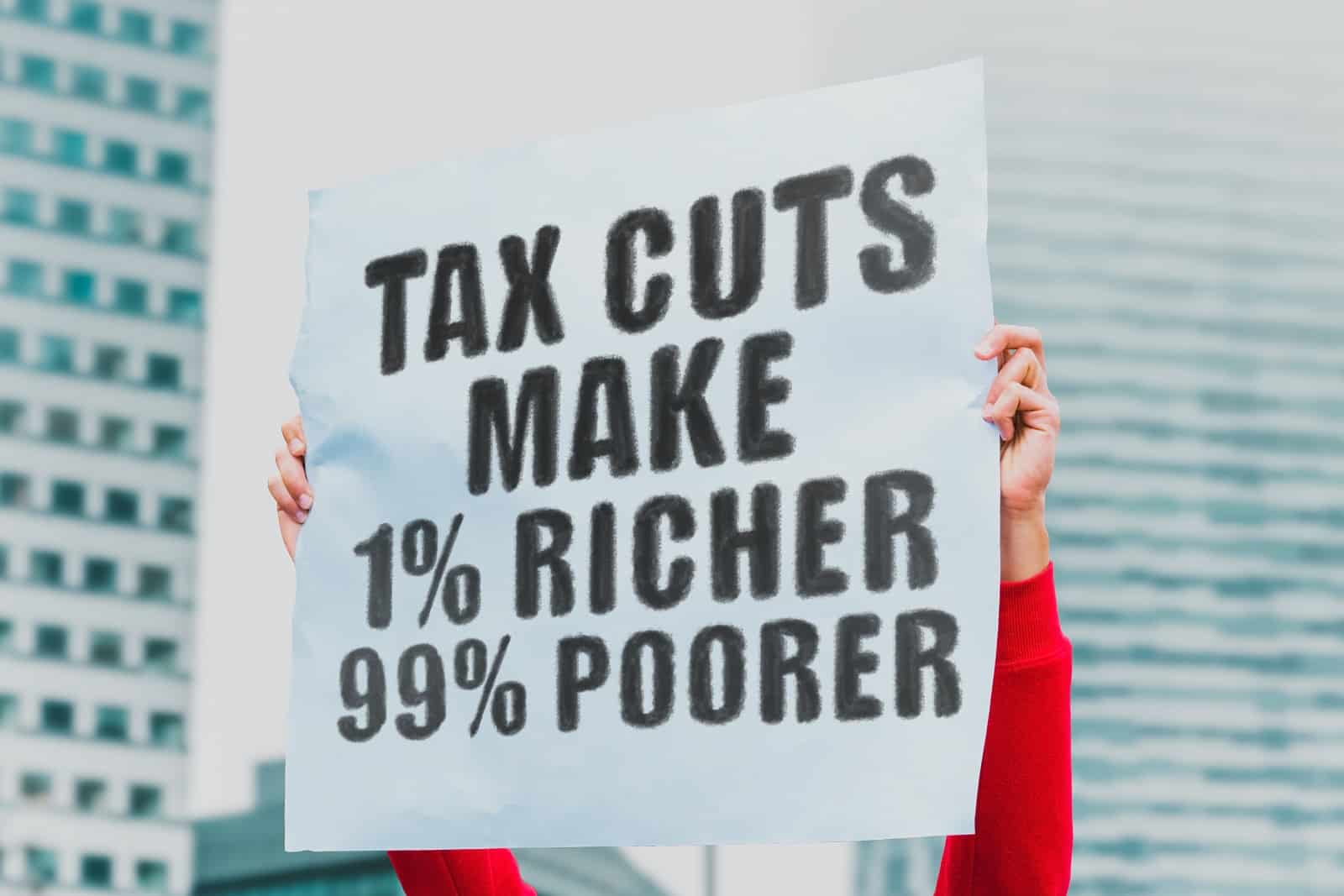
The study, titled “Who Pays?” by the Institute on Taxation and Economic Policy (ITEP), lays bare a glaring truth: most state tax systems burden lower- and middle-class families more than the rich. This imbalance exacerbates the nation’s inequality crisis.
The Wealthiest Enjoy Lower Rates

ITEP’s research shows that the top 1% enjoy lower tax rates compared to all other income segments in most states. This finding contradicts common notions of tax fairness and highlights systemic issues in state tax policies.
Public Opinion vs. Reality

Carl Davis, ITEP’s research director, notes the mismatch between public expectations and the actual tax landscape. He observes, “Almost nobody says we should have the richest pay the least,” highlighting the gap between ideal and practice in state tax systems.
Tax Cuts for the Wealthy

Recent years have seen numerous states slash taxes for corporations and the wealthy. This trend occurred even as billionaire wealth surged, pointing to a growing divide between the rich and the rest of the population.
The Trillion-Dollar Question

A separate report highlights that ultra-rich Americans hold around $8.5 trillion in untaxed assets. This staggering figure raises concerns about the effectiveness and fairness of the current tax system.
Progressive States: The Exception
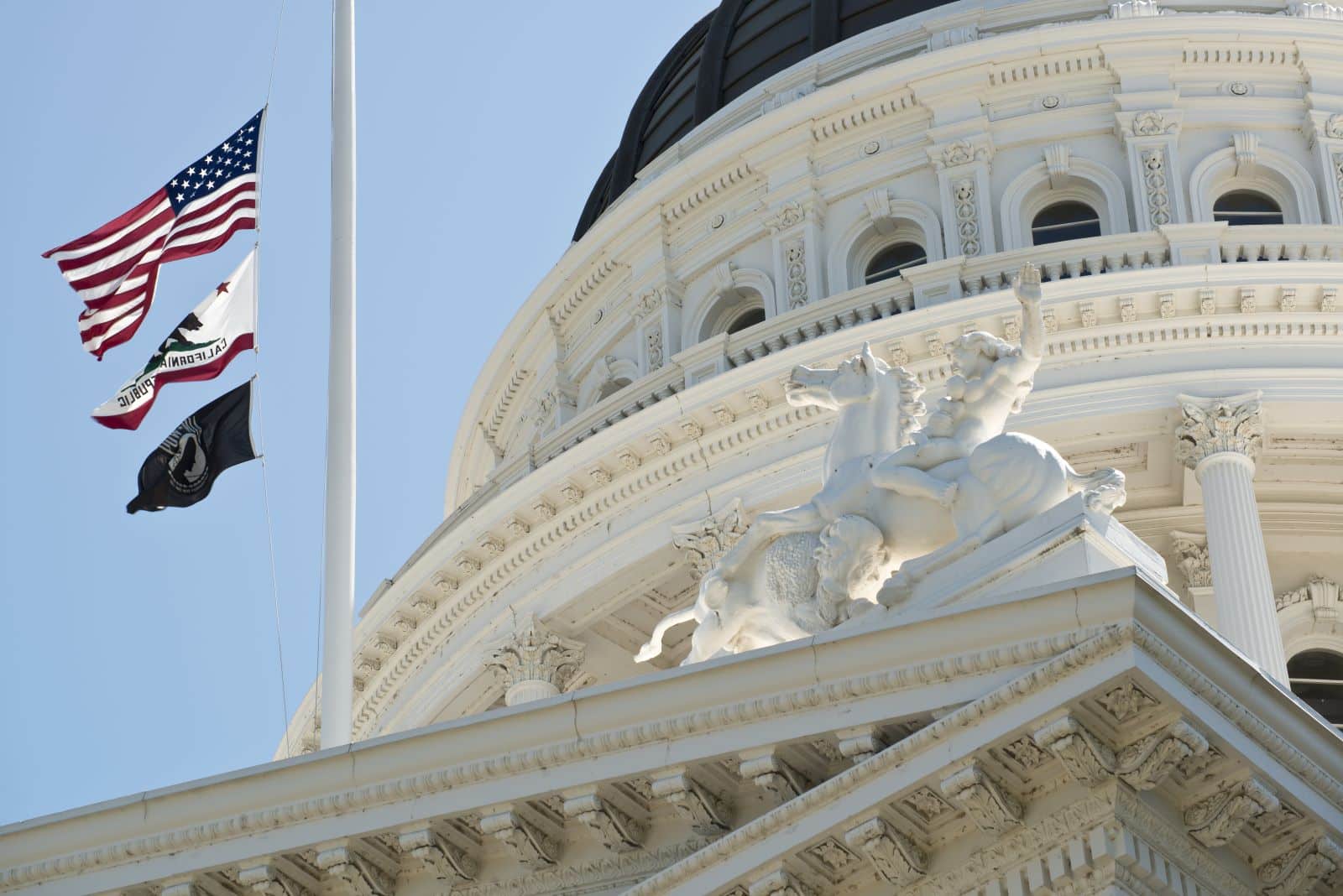
Only a handful of states, like California and Minnesota, have progressive tax systems. These states have taken steps to reduce the wealth gap, contrasting sharply with the national trend.
The Massachusetts Model

Massachusetts, with its new millionaires tax, has emerged as a model for equitable taxation. This approach has significantly improved the state’s standing in terms of tax fairness.
The Regressive Majority
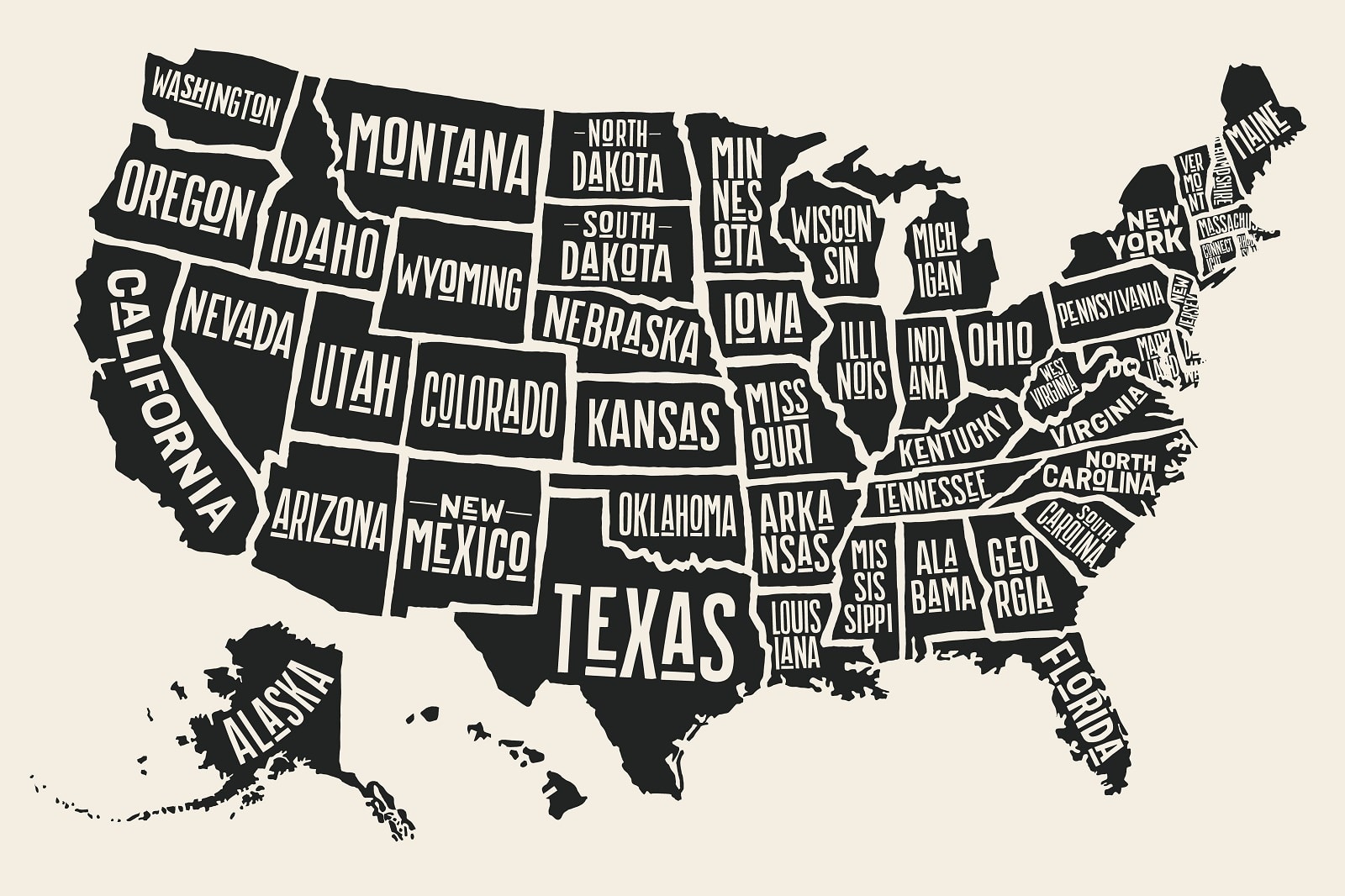
In a concerning finding, ITEP reports that 44 states have tax laws that worsen income inequality. This means most states have systems that make the rich richer and the poor poorer after taxes.
Florida’s Extreme Case

Florida exemplifies regressive taxation, with the wealthiest paying just 2.7% compared to 13.2% for the poorest 20%. The absence of personal income tax in Florida leads to reliance on more regressive tax forms.
Heavy Dependence on Sales Tax

States with the most regressive tax systems often rely heavily on sales and excise taxes. These taxes disproportionately affect lower-income families, as they consume a larger share of their income.
Recent Shifts to Regressivity

Aidan Davis of ITEP notes a trend towards more regressive tax systems in recent years. States have been cutting taxes for the wealthy, offset by increased consumption taxes, further burdening lower-income families.
Kentucky’s Flat Tax Impact
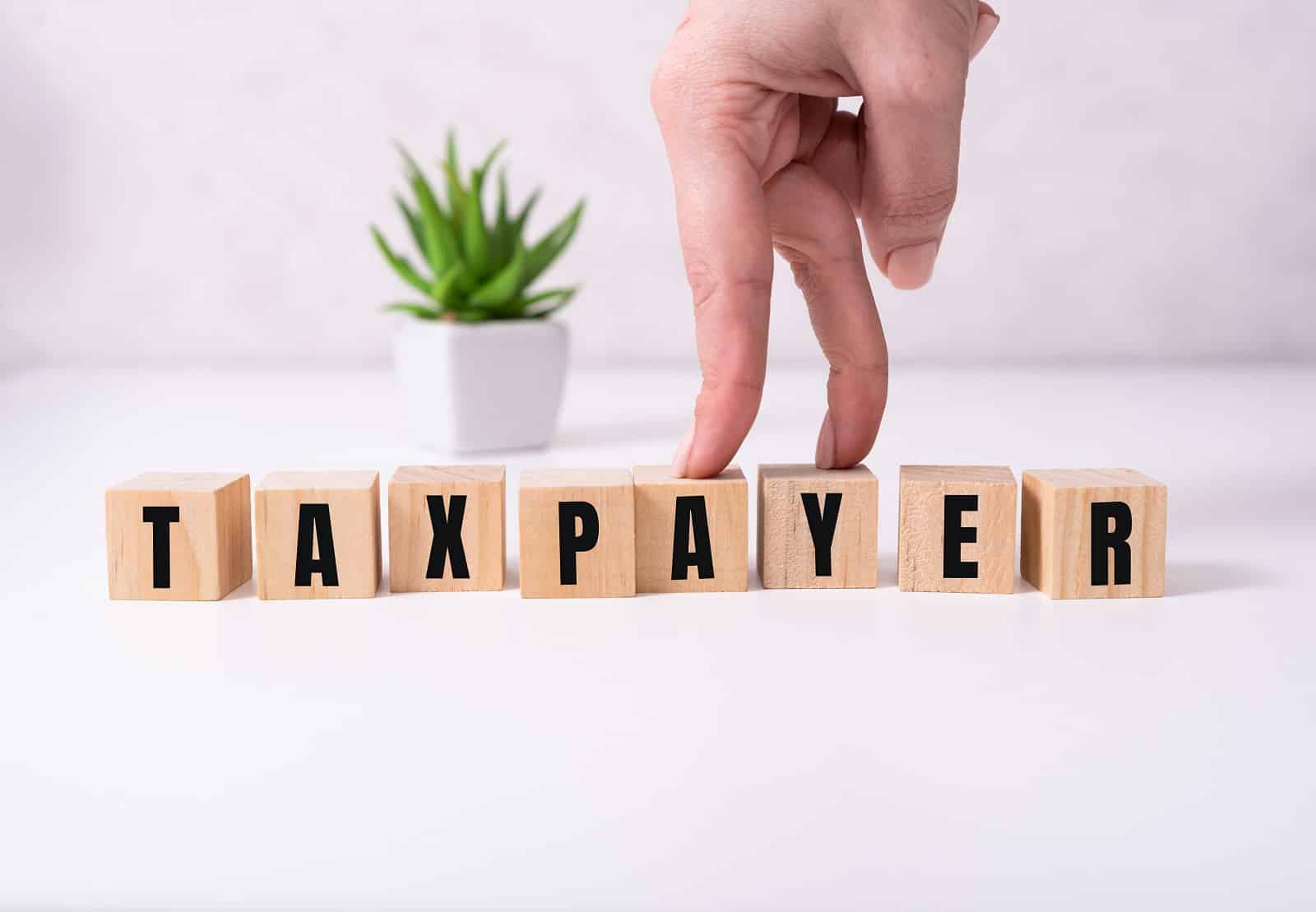
Kentucky’s move to a flat tax, coupled with corporate tax cuts, illustrates how tax reforms can disproportionately benefit the wealthy. Such changes often come at the expense of broader, more equitable tax collection.
A Policy Choice

The report emphasizes that regressive tax laws are a policy choice. This means there are alternatives that could lead to more equitable tax systems.
Path to Fairer Taxes
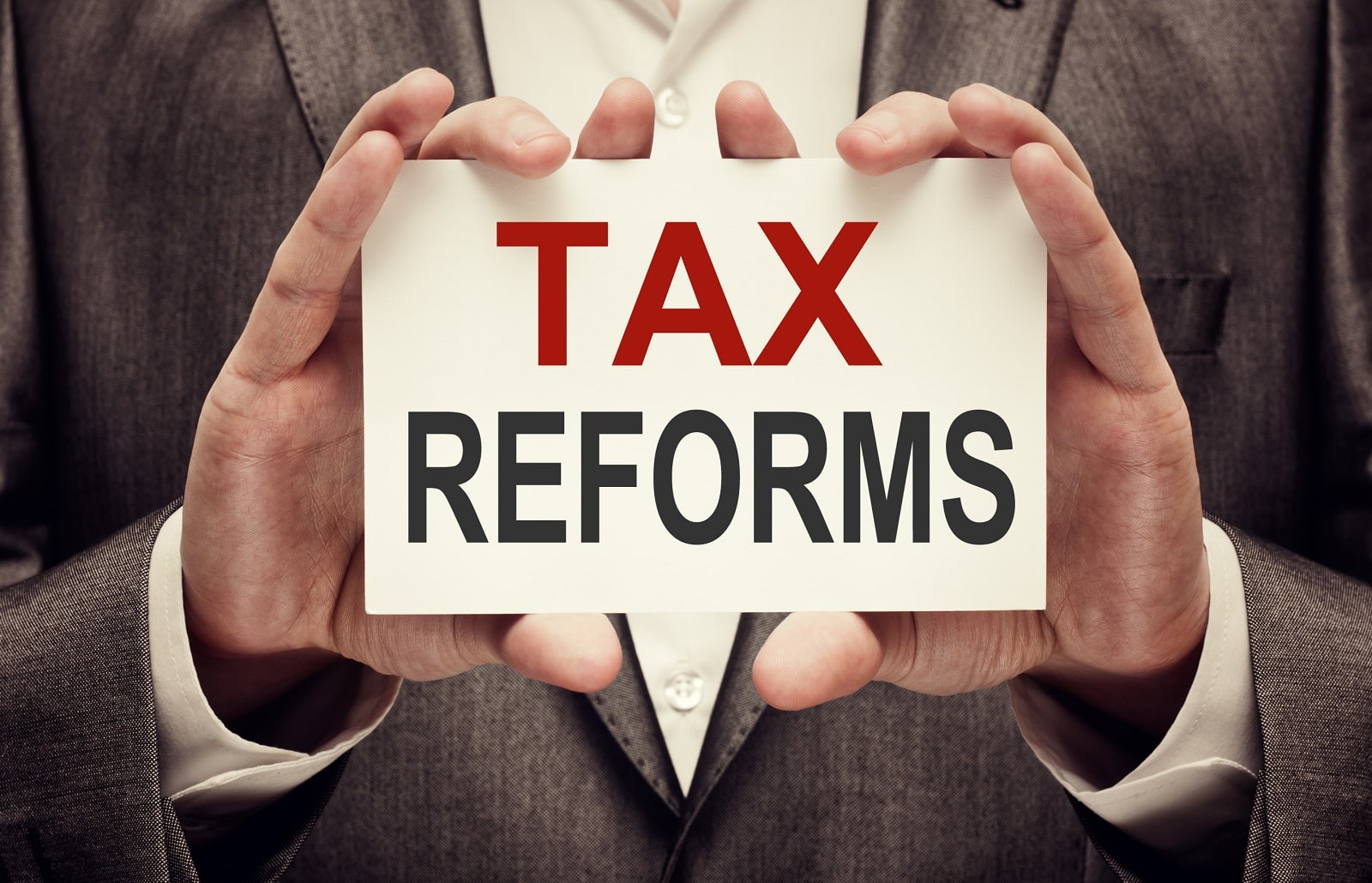
Despite the grim picture, the report suggests a clear path towards reforming tax systems. By looking at states that have made progress, lawmakers can learn how to create fairer tax policies.
The Impact on Average Americans

The tax burden falls heavily on average American families. With the rich paying less, the middle and lower classes shoulder a disproportionate share of tax responsibilities.
The Need for Fair Taxation

Fairness in taxation is not just about numbers. It’s about ensuring that all citizens contribute equitably to the nation’s welfare. A fair tax system is essential for social justice and economic stability.
A Call for Change

The ITEP study serves as a call to action. It challenges lawmakers to reconsider and reform tax policies, ensuring a more equitable distribution of the tax burden. As Carl Davis asserts, “It’s clear there are better choices available to lawmakers.”
The post 41 States Where Rich Residents Enjoy Lower Tax Rates Than Middle Class first appeared on Liberty & Wealth.
Featured Image Credit: Shutterstock / Christopher Penler.
The content of this article is for informational purposes only and does not constitute or replace professional financial advice.

